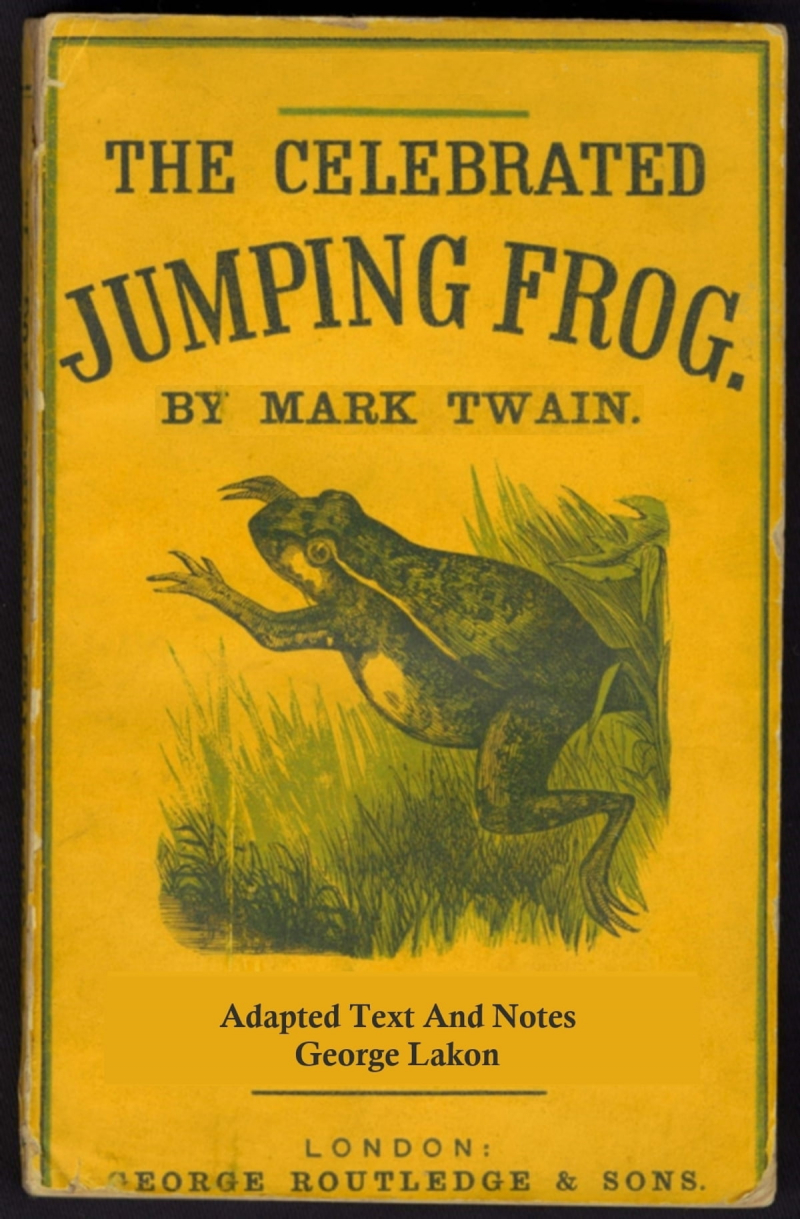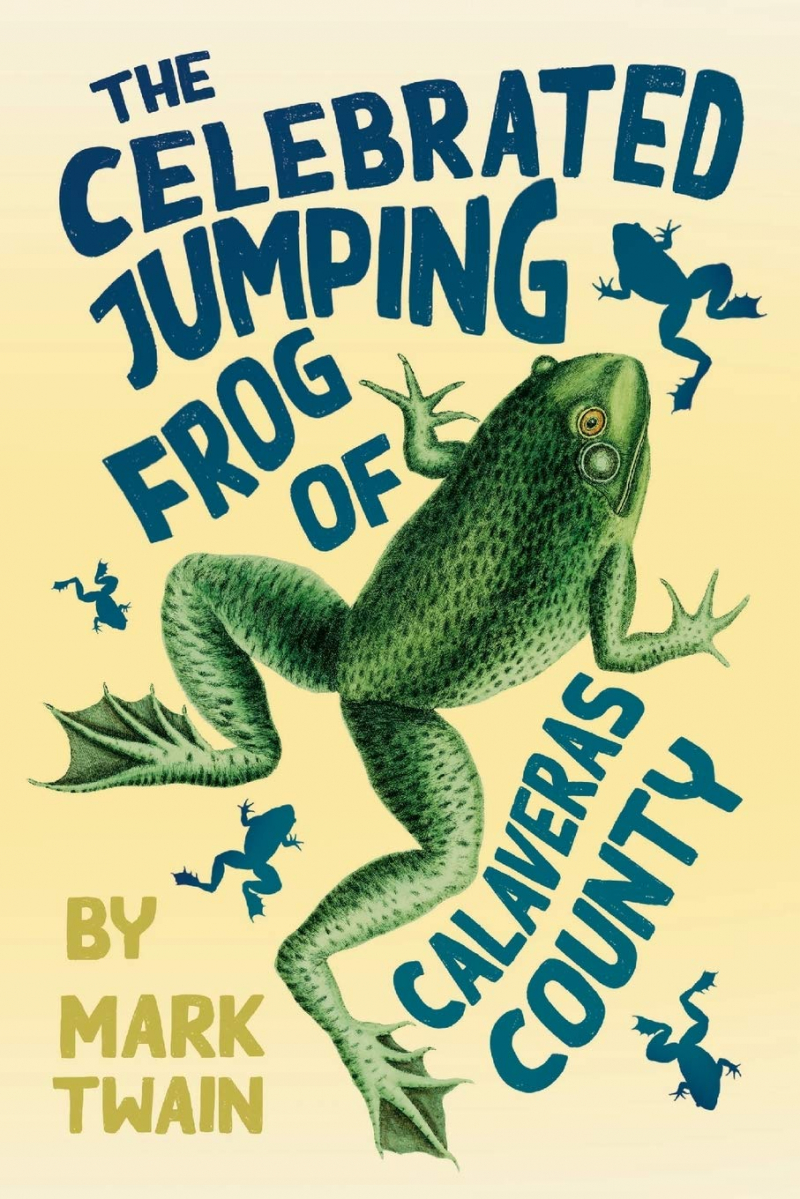A story Mark Twain heard in a bar led to his “big break”
Twain challenged a rival Nevada newspaperman to a duel in May 1864, but he left before the battle had started, ostensibly to avoid being detained for breaking the territory's anti-dueling statute. Twain moved to San Francisco and was hired as a reporter there, but he quickly grew bored with the job and was let go. Later that year, Twain helped a buddy who had been arrested after a bar fight by posting bail. When the buddy left town, Twain thought he should leave San Francisco for a bit as well, but lacked the money to pay the bond. He left for the friend's mining cabin near Jackass Hill in Tuolumne County, California (the Jackass Hill area was booming during the 1849 gold rush, but when Twain visited just a small number of miners remained). Twain overheard a man recounting a story about a leaping frog competition when he was at a bar in the adjacent hamlet of Angels Camp in Calaveras County, California.
Twain received a letter from a writer friend in New York requesting him to contribute a tale to a book he was compiling when he got back to San Francisco in February 1865. Twain decided to submit a narrative based on the leaping frog legend he had heard, but by the time he finished it, the book had already been out. But as it turned out, Twain's article, "Jim Smiley and His Jumping Frog," was sent to the Saturday Press in New York by the publisher of the book, and it was published there on November 18, 1865. The hilarious tale, which was later renamed "The Celebrated Jumping Frog of Calaveras County," proved to be a huge hit with readers and was widely reproduced.















